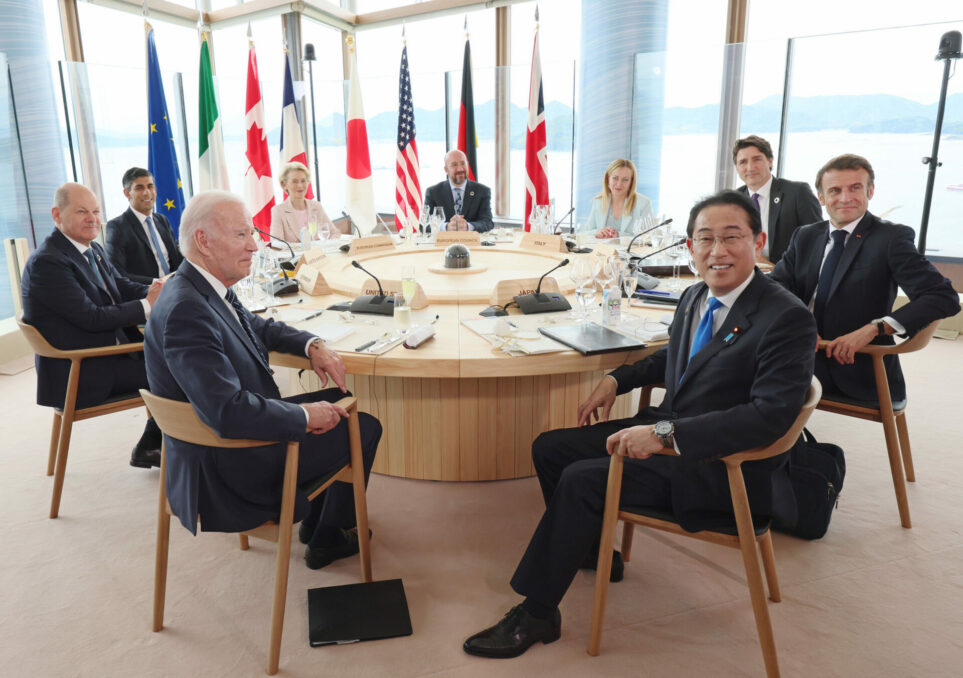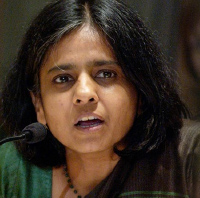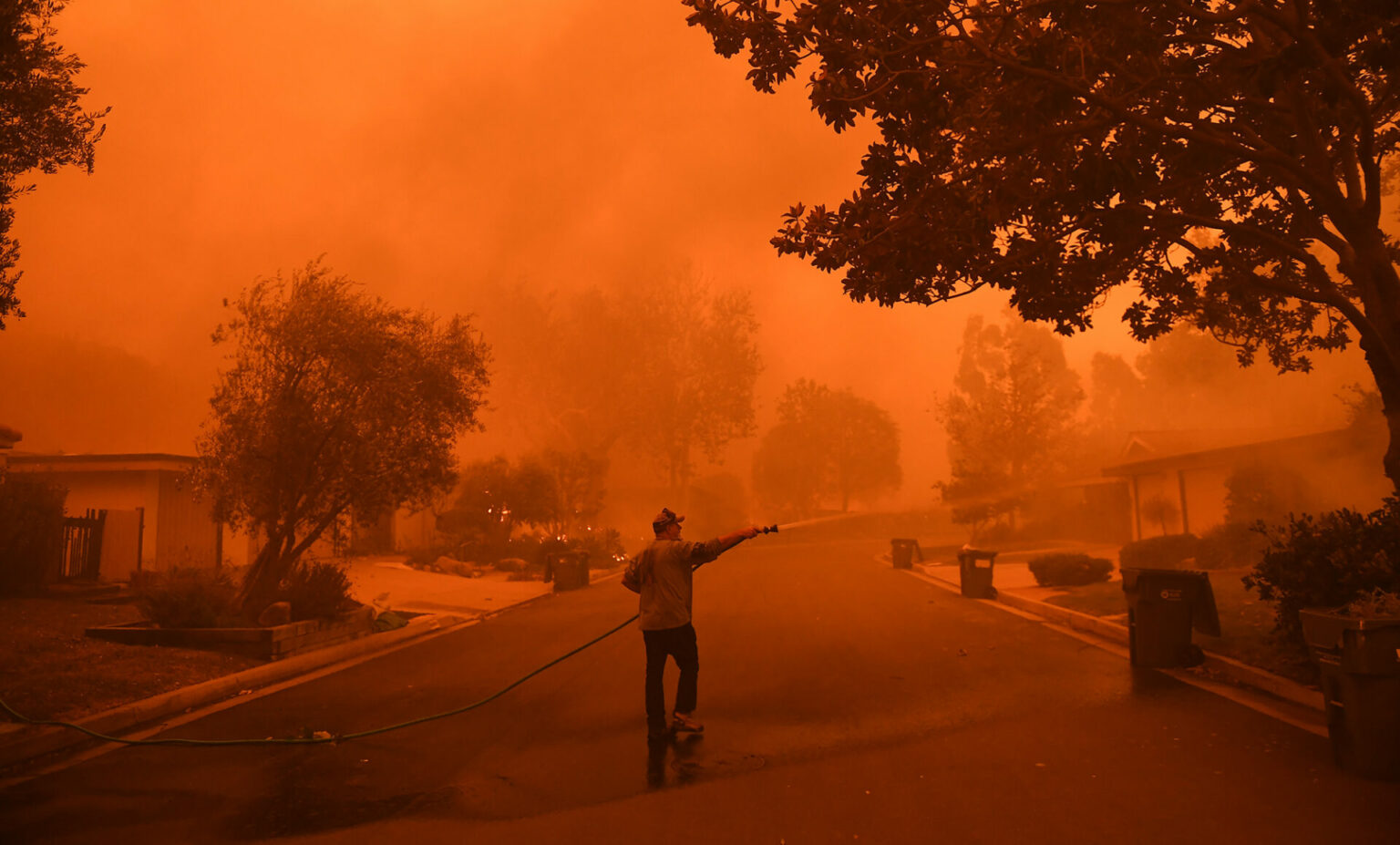The Centre for Science and Environment (CSE) has released a new report titled ‘Beyond Climate Finance’ which has said climate change measures in the Global South cannot be enforced without financial system reforms.
What the Report Talks about:
The New Delhi-based environmental think tank released it right before the international convention on the New Global Financial Pact being organized in Paris. This creates opportunities for civil societies and academicians to make a strong case for the urgent reforms needed in the Global South. The director general Sunita Narain elaborated on the issue stating that climate finance needs to be redirected to where it is needed the most.

Developing countries need a step up from other developed nations that have already secured their position at the top. Multilateral development banks were highlighted in the report. As important sources of concessional finance, they extend about 80% of this budget as loans, eventually leading to a debt trap. They are increasingly aligning themselves with the Paris Agreement which could impose top-down criteria and restrict funding to these countries. Wealthy nations must refrain from reneging in terms of their collective oath to help poorer nations financially to fight climate change.
Issues Highlighted:
In 2009 at the United Nations Framework Convention on Climate Change, 100 billion US dollars had been pledged which is too little, too late. Additionally, whatever little is being given in the name of climate change is not concessional (not offered at reduced rates of interest). In the period 2011-20, only about 5% was given as grants and the rest were loans and equity. Countries that need the most money cannot afford to pay it back.
The money that has been flowing to invest in clean energy projects, is concentrated in Western Europe, North America, and East Asia (mostly China). As a result, the poorest, most vulnerable countries are left without a support system.

Most low and middle-income countries spend more on annual debt servicing costs than what they would do in achieving their goals. They face restrictive costs of capital for green technologies and socio-economic challenges which hinder investment in clean energy, even after possessing rich renewable resources.
Poor countries happen to be hit hardest economically by climate disasters. For example, Hurricane Maria which hit the Caribbean Island of Dominica in 2017, caused damage equivalent to 226% of its economy. Recovering from this huge loss is burdened by loans they need to pay.
Solutions:
CSE believes the way ahead can be made brighter with the necessary steps. Additional and reductive finance must flow for climate mitigation (existing funding pools should not be redirected under the pretense of creative accounting).
Middle-income countries need better access and the private sector cannot be relied upon to help solve this crisis. A comprehensive rule-based approach has to be adopted to solve the debt crisis and slow down the creation of new debt. Emerging economies in the Global South (excluding China) must secure at least a trillion dollars in external finance by 2030.

Despite what conspiracy theorists on Reddit would argue, climate change is very real and very close to changing our lives as we know it (not in a good way either). Developing nations need extended monetary support not just to adapt to this change but also to carve a path to lower emission rates of greenhouse gases. The system is broken and needs to be more equitable. This financial matter is not about us versus them but about a collective interest in a just and inclusive world, which will combat this problem together. The oceans are rising and so should we!













